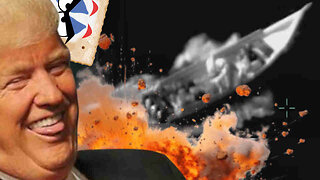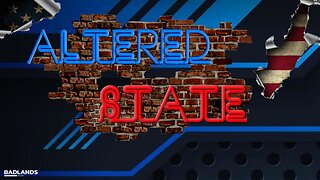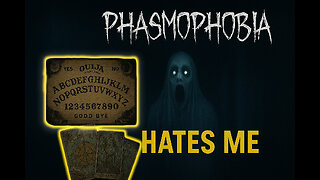Premium Only Content

Did Europe lose its identity? This video is sparking conversation.
In recent years, Europe's face has changed significantly. In many cities across the continent, the streets are filled with languages, clothing, and traditions different from those that once predominated. Viral videos show Muslim communities praying or singing in public spaces, markets filled with ethnic products, and religious celebrations that were not as visible a few decades ago. This has sparked a deep debate: Is Europe losing its identity?
In recent decades, especially since the mid-20th century, Europe has received an increasing number of migrants from Africa, Asia, and the Middle East. The reasons are numerous: wars, poverty, religious persecution, and the search for a better life. Countries like France, Germany, the United Kingdom, and Sweden have been some of the main destinations. This migration has enriched European societies, bringing new cultures, languages, and perspectives. But it has also brought challenges.
For some segments of the European population, the increased visibility of other cultures has created a sense of displacement. It is no longer only French that is heard in Paris or German in Berlin; Arabic, Urdu, Turkish, and Somali can also be heard. In certain neighborhoods, Muslim customs, for example, are predominant: women wearing the hijab, the celebration of holidays like Ramadan, and communal prayers. These changes have been seen by some as a threat to traditional Western values or to the "European" character of their cities.
The big question is whether this truly represents a loss of identity or a natural evolution in a globalized Europe. Some argue that fundamental European values — such as freedom of worship, equality, and diversity — are being tested by customs that may be seen as contrary to them. For example, there have been controversies over schools adapting their menus for religious reasons, gender separation at certain events, or the use of religious symbols in public spaces.
On the other hand, many argue that Europe is not losing its identity but expanding it. Identity is not something static, but dynamic. What is perceived today as "strange" or "foreign" may tomorrow become an integral part of the cultural landscape. This has happened with many foods, artistic expressions, and customs that were once foreign and are now common.
Ultimately, the question of whether Europe is losing its identity or simply adapting to changing times and circumstances is a debate that reflects the inherent tensions of globalization. While some view cultural transformation as a threat to traditional principles, others believe that integrating diverse cultures can only strengthen the foundations of European identity, not weaken them. In an increasingly interconnected world, the key will be finding a balance that allows European societies to maintain their fundamental values while embracing diversity as a source of enrichment, not a threat. The truth is that, as has happened throughout history, Europe will continue to evolve, and only time will tell what form its identity will take in the future.
-
 13:07
13:07
Robbi On The Record
3 days ago $4.89 earnedSweet Poison: The Big Fat Lie That’s Killing America
44.5K25 -
 LIVE
LIVE
Drew Hernandez
10 hours agoEPSTEIN VICTIMS SPEAK OUT & TRUMP DOUBLES DOWN
999 watching -
 1:36:41
1:36:41
FreshandFit
6 hours agoWe Are QUITTING YouTube...
43.9K32 -
 2:34:22
2:34:22
TheSaltyCracker
6 hours agoDrug Smugglers Blown Up 9-03-25
83.1K184 -
 3:12:59
3:12:59
VapinGamers
5 hours ago $0.96 earnedGrim Trials - Game Review/Playthru - Rougelight Dungeon Crawler - !rumbot !music
26.7K -
 2:47:55
2:47:55
Mally_Mouse
12 hours ago🎮 Let's Play!! -- Jak 2 pt. 16
50.9K2 -
 52:23
52:23
MattMorseTV
7 hours ago $16.87 earned🔴The Cartels are SCREWED.🔴
114K129 -
 1:32:46
1:32:46
Badlands Media
20 hours agoAltered State S3 Ep. 44: Epstein Files, Corrupt Judges, and the College Grift
54K2 -
 21:09
21:09
Bearing
17 hours agoAustralian “Racist” Protest EXPLODES 💥 Glowies, Brawls & Media Spin 📣
28.9K35 -
 2:53:23
2:53:23
Tundra Tactical
5 hours ago $2.86 earnedTwo Vets, One Ouija Board, Zero Good Decisions
22.6K1